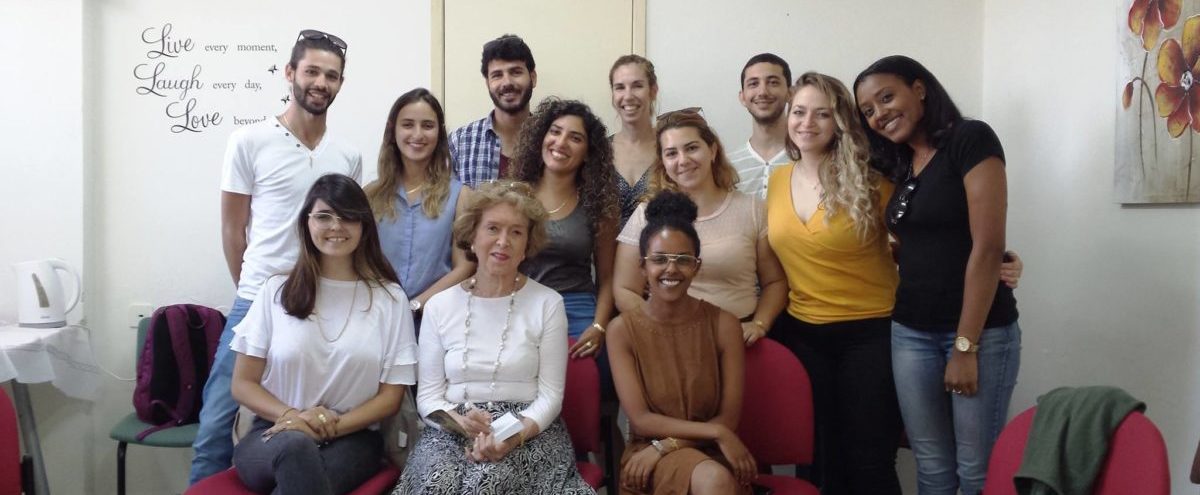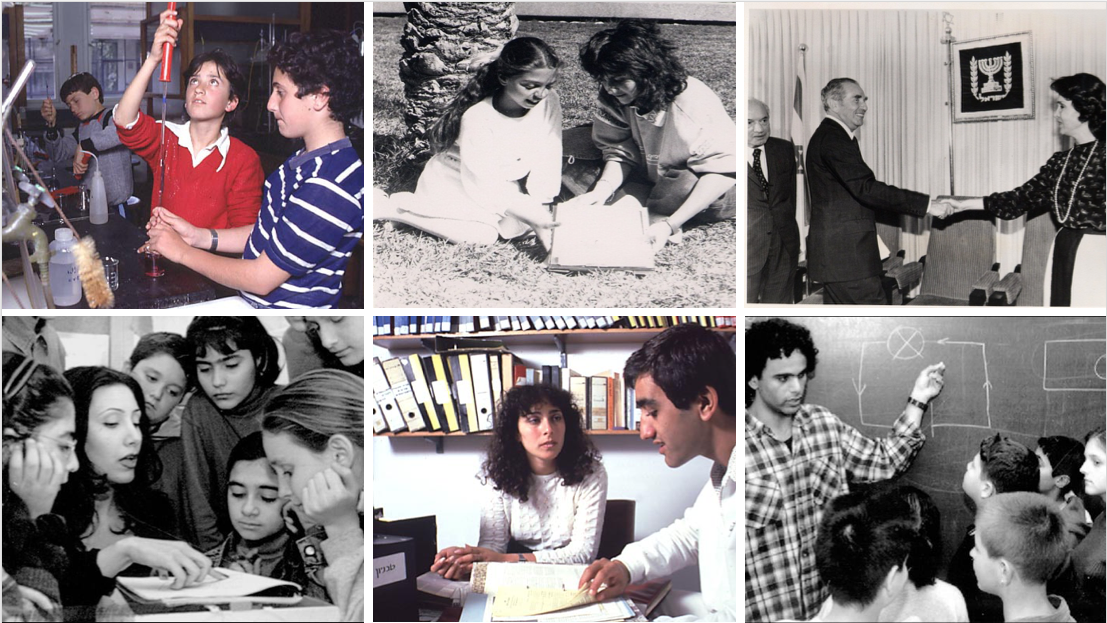ISEF’s mission is to empower extraordinary individuals of underserved backgrounds and top academic merit to reach their highest potential, igniting positive change in Israeli society.
ISEF adopts a holistic, transformative approach that nurtures the best of Israel’s youth. The mind, soul, and environment of each individual are cultivated, producing the highest return on investment for Israel.
ISEF was founded in 1977 by Edmond J. Safra (z”l), his wife Lily Safra (z”l), and Nina Weiner in response to the plight of Israel’s immigrant communities, who were living on society’s margins. ISEF’s founders had the vision that transforming these communities would only be possible through expanding access to higher education for their children.
ISEF began awarding hundreds of university scholarships to promising young Israelis from Israel’s periphery–most the first in their families to go beyond high school–and created wraparound support programs to ensure their success. ISEF’s programs for these first-generation students have achieved an unprecedented rate of success, retaining over 97% of ISEF beneficiaries in degree programs annually, and sending 25% on to advanced degree programs.
Though originally created by and for Sephardic Jews, ISEF soon grew into the leading organization supporting higher education for all of Israel’s cultural and ethnic groups who share the foundation’s values. By cultivating role models for extended family and friends in Israel’s marginalized immigrant communities, ISEF is changing the face of Israeli society, making it more reflective of the beautiful mosaic that is Israel today.
ISEF arose in response to the challenges Israel faced at its birth – fighting for survival while absorbing Jews from Asia, North Africa, and elsewhere. Many new immigrants, particularly those from Sephardic or Mizrahi communities, were ill-equipped to merge into Israel’s economic and social mainstream. By the 1970s, the plight of this underprivileged population had led world Jewry to create Project Renewal, to rehabilitate Israel’s poorest areas. But ISEF’s visionary founders believed the real key to renewal lay in developing Israel’s intellectual capital.
Today around one-half of ISEF’s annual beneficiaries identify as Sephardic, with the rest representing other groups on society’s margins – Former Soviet Union, Ethiopians, Druze, and others. ISEF selects its beneficiaries based solely on financial need, scholastic excellence, and leadership potential.

